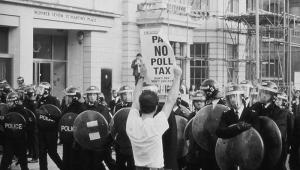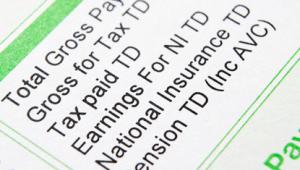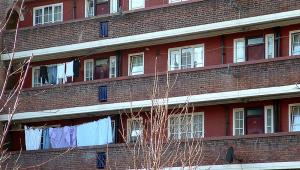Its review of the impact of the higher minimum wage rate, including a survey of 500 businesses carried out by Ipsos MORI, found that around a third (35%) of businesses say the NLW has increased their wage bill this year. A further 16% of firms expect the rate, currently £7.20 an hour, to increase their wage bill at some point in the future.
Of those firms affected by the NLW, the most popular short-term action taken has been to increase prices (36%), followed by cutting profits (29%).
However, there was little evidence in Office for National Statistics data that there had been a significant employment effect among those likely to be affected by the higher rate, policy analyst Conor D’Arcy said.
“The National Living Wage has already delivered a welcome pay boost to millions of workers. The big question has been how employers would respond,” he stated.
“The evidence so far is that firms have absorbed some of the impact on their wage bill, while passing on a share of those rising costs to consumers through higher prices.
“Encouragingly, evidence of workers seeing their hours cut or even losing their jobs has so far been relatively limited. The challenge now is for firms to continue to respond positively to the National Living Wage, particularly by raising productivity.”
However, D’Arcy said that the UK’s vote to leave the European Union was likely to have an impact on how many low-paying sectors operate. He called on ministers to heed the advice of the Low Pay Commission if the government plans to raise the NLW from its current rate to £9 an hour by 2020.
Sectors such as food manufacturing and domestic services rely heavily on EU migrant labour and have a high proportion of staff affected by the NLW.












